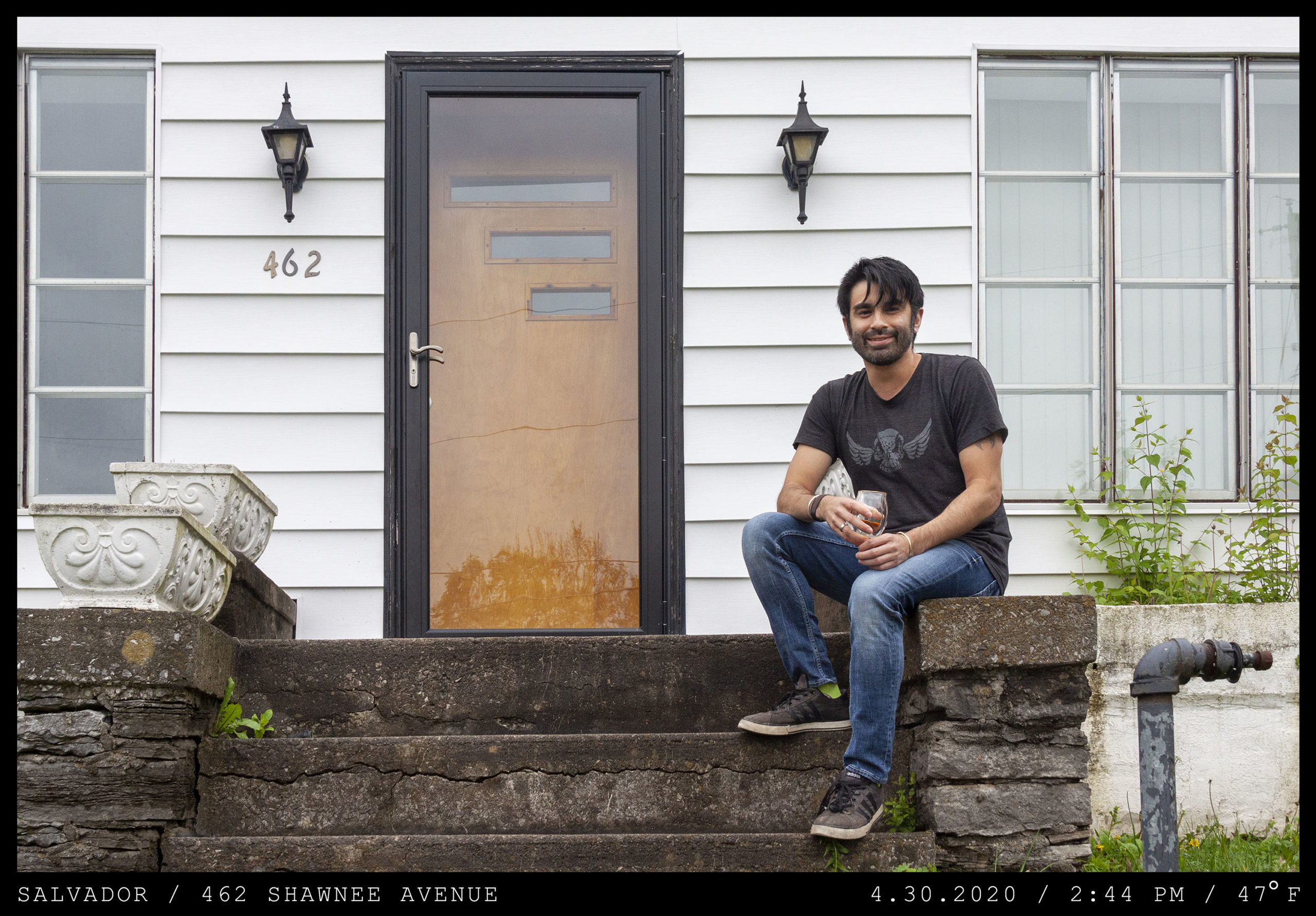“At the beginning it was easy to feel lost, but there was a point in all of the madness that I started walking every day, thinking about what it would be like when things got back to normal. Day by day, my thoughts evolved.
Why do we want to go back to normal? We always ‘go back to normal.’ We go back to normal after mass shootings, the twin towers falling, the Great Recession. We always ask, beg, pray for it to go back to normal. We shouldn’t want to go back to normal anymore. We should break the shackles of this tradition. Not entertain the ‘business as usual’ mantra; use this uprooting as an opportunity. Perhaps, we’ve come to this crisis, this moment of reckoning, to reconstruct our system, rebuild our crumbling structure from the ground up.
In the midst of all of these thoughts, I kept reminding myself to be grateful. Grateful for Zoom and FaceTime allowing me to have fun calls with my family, old college buddies, and all of my best friends; especially for the backgrounds that inform me of other people’s personalities. Grateful for all the frontline and essential workers, demonstrating what sacrifice really is and inspiring so many.
Grateful for the community we live in! Seeing people donate their money, their time, and their skills to help all those around them, asking nothing in return. Then stepping back and realizing there are communities all over the world doing the exact same thing, connecting us all, lifting us all up, even when we all seem so far apart.
I’m grateful for our systems and the opportunity to correct them.
Grateful for the long walks, the tough runs, and the fast bike rides on empty streets giving an opportunity to sift through thoughts.
Grateful for every ounce of empathy we demonstrate for one another.
Grateful for every dream about that new day on that far off horizon, when we’ll all hug each other again like we were in an airport, seeing each other for the first time in a long while.
I’ve found peace in knowing that there is work to be done and gratitude to be had as we honor and acknowledge what we have learned and what we have lost.
Audio Transcript
My name is Salvador. I have lived in Lexington for 7 years.
The America I’d like to live in is full of people from all walks of life who approach one another with empathy, understanding each other’s needs, hearing each other’s stories, feeling each other’s struggles, each other’s tragedies. I want to live in America that strives to be better and doesn’t pretend it is perfect. It is a place where everyone is supported, no matter their socio economic status, no matter the color of their skin, no matter who they love, no matter if or how they pray.
It’s a place where we, the people, work to fix the cracks in society that so many slip through, where we pull others out of those cracks, whether they slipped in or they were pushed in. It’s a place where love, humility, compassion, and empathy are what we use to lead with, to live with, where everyone can feel safe, where everyone can feel loved, where everyone knows we are our brothers’ and our sisters’ keepers. It’s a place where we appreciate our similarities with one another, but we also understand how incredible our differences are from one another. We learn from one another, we find humanity in one another, and we never lose sight of that.
I want to live in America alongside men and women who are willing to fight for those less fortunate, men and women full of love, humility, compassion, and empathy.

